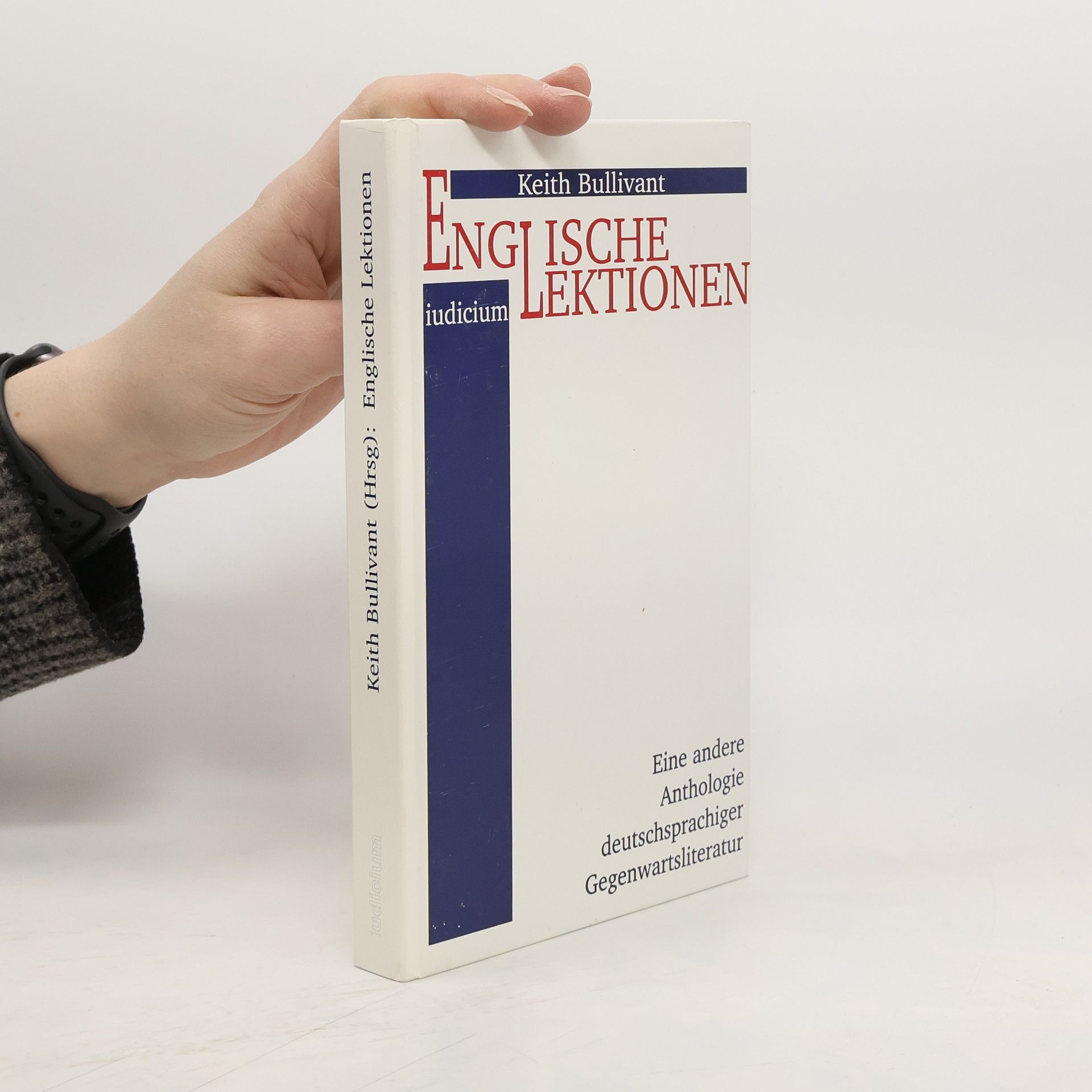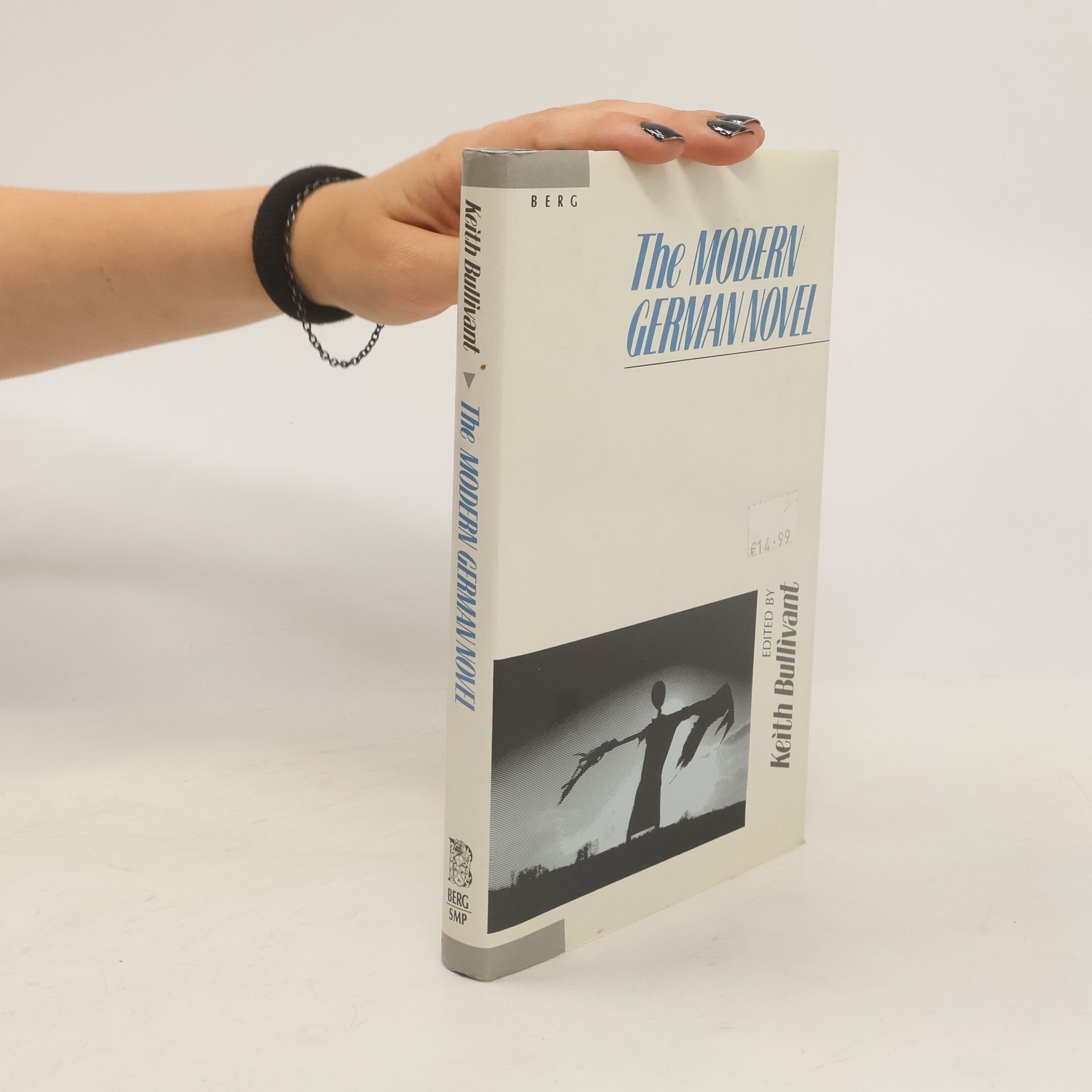This volume provides an excellent introduction to the modern and contemporary novel in German-speaking countries and the work of novelists such as Günter Grass, Heinrich Böll, Martin Walser and Christa Wolf.
Keith Bullivant Livres



dtv-bibliothek: Industrie und deutsche Literatur
1830-1914 : E. Anthologie
- 223pages
- 8 heures de lecture
Englische Lektionen
Eine andere Anthologie deutschsprachiger Gegenwartsliteratur
- 259pages
- 10 heures de lecture